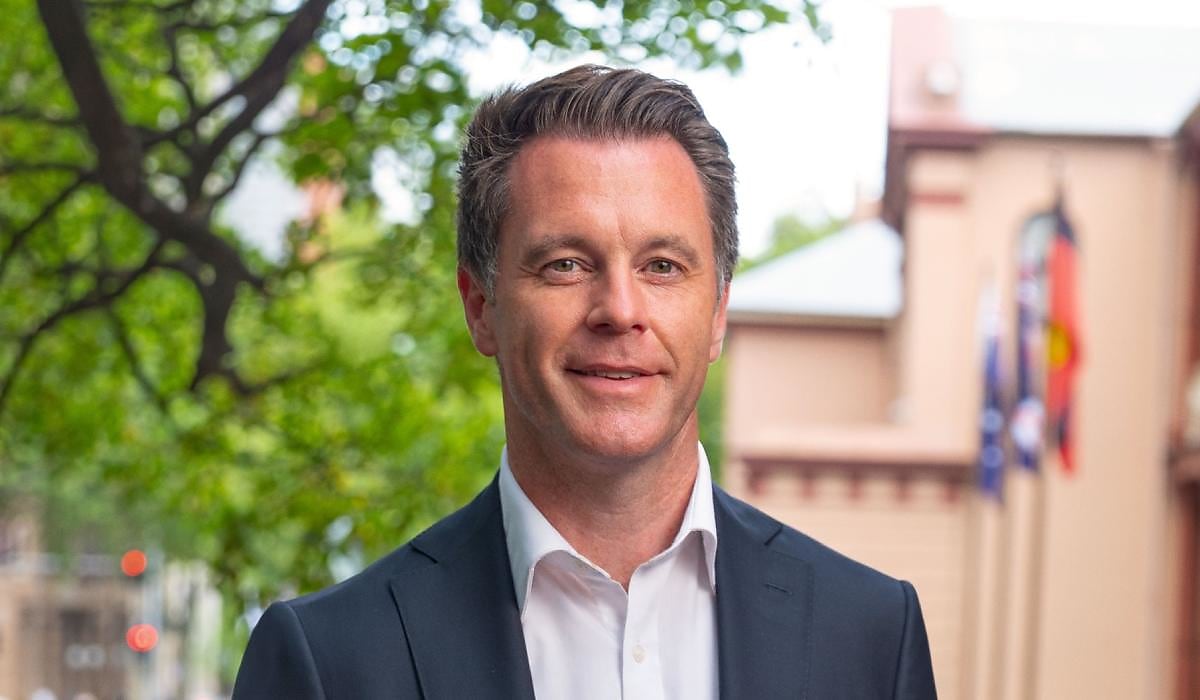NSW gives up on getting rid of stamp duty
NSW will no longer allow first home buyers to pay yearly land tax instead of stamp duty, less than six months after the policy was introduced.

Premier Chris Minns announced the changes as part of its efforts to create a “simpler, fairer” stamp duty concession scheme, upping the value of properties to be covered by tax breaks and concessions.
You’re out of free articles for this month
To continue reading the rest of this article, please log in.
Create free account to get unlimited news articles and more!
The First Home Buyer Choice Scheme was launched by the previous Liberal government on 16 January, 2023, after it was first promised back in June 2022 by then state premier, Dominic Perrottet.
Considered by the then-government as ‘game-changing’, the initiative presented eligible first home buyers the opportunity to ditch stamp duty in favour of a smaller annual fee on properties purchased up to $1.5 million.
Under that scheme, first home buyers who opted into the tax have been paying an annual property rate of $400 plus 0.3 per cent of the land value of the property.
Elsewhere, the move to optionally remove stamp duty for first home buyers had been labelled as “soft”, despite Mr Perrottet’s pledge to widen the scheme once re-elected, which did not come to fruition.
Now, the government has indicated it will close off access to the former government’s First Home Buyer Choice (FHBC) scheme from 1 July 2023.
Grandfathering provisions will reportedly be put in place for first home buyers who did opt into annual property tax instead of the lump sum stamp duty payment.
The legislation will also raise the threshold for stamp duty exemptions that are already in place for first home buyers from $650,000 to $800,000.
Stamp duty concessions will now be in play from $800,000 to $1 million.
According to Premier Minns, the new concession scheme will ensure 84 per cent — or five in every six first home buyers “will pay no tax or a reduced rate” from 1 July 2023.
“A first home buyer purchasing a property at $800,000 will save up to $31,090 under the changes,” it was reported.
His government is also looking to “improve the integrity and targeting of first home buyer assistance programs” — preventing first home buyers purchasing properties “at the top of the range” under the former scheme from receiving a disproportionate share of the benefits.
They will also be increasing the requirement for first home buyers benefiting from low or no tax payments to live in the home for 12 months, rather than six months.
For NSW Treasurer Daniel Mookhey, “this delivers a key election commitment to abolish the property tax, a forever tax on your own home”.
From his perspective, “it will benefit more first home buyers overall and more fairly goes to those who need it most”.
“The new thresholds for stamp duty exemptions and concessions are a simpler and fairer way to help more first home buyers than the property tax, which helped a smaller cohort of first home buyers.”
One industry body has already clapped back at the changes, calling the return to stamp duty “a step backwards”.
CPA Australia’s senior tax policy manager, Elinor Kasapidis, said while it was pleasing to see stamp duty thresholds increase, “it’s not enough in the long-run”.
She stated: “CPA Australia wants governments to move away from inefficient taxes like stamp duty.”
“There is widespread agreement among tax experts and professionals that stamp duty should be replaced with a smaller, annual fee for all home buyers,” the policy manager continued.
Stressing stamp duty as a significant barrier to home ownership, Ms Kasapidis said “it’s clear from the significant uptake of the property tax option that there is demand for this alternative in NSW”.
She argued that CPA wants “more Australians to be given a choice”.
“Stamp duty isn’t the cause of the nation’s housing affordability woes, but it is inefficient and a barrier to home ownership”.
Noting that the organisation wants “a widespread national transition away from stamp duty”, she shared that “CPA Australia has been encouraging federal, state and territory governments to discuss stamp duty, GST and payroll tax reform”.
“We need governments across Australia to move towards more efficient taxes. A shift away from stamp duty is overdue.”
Despite the latest criticism on stamp duty coming from CPA, Premier Minns’ pledge to address critical housing supply issues has been previously commended by the Real Estate Institute of NSW (REINSW).
CEO Tim McKibbin had said the new government’s approach to improving supply follows more than a decade where “housing policy in NSW amounted to populist announcements which focus on the symptoms of the problem and not the problem itself”.
The latest announcement will no doubt re-ignite the stamp duty debate in NSW and nationwide.

